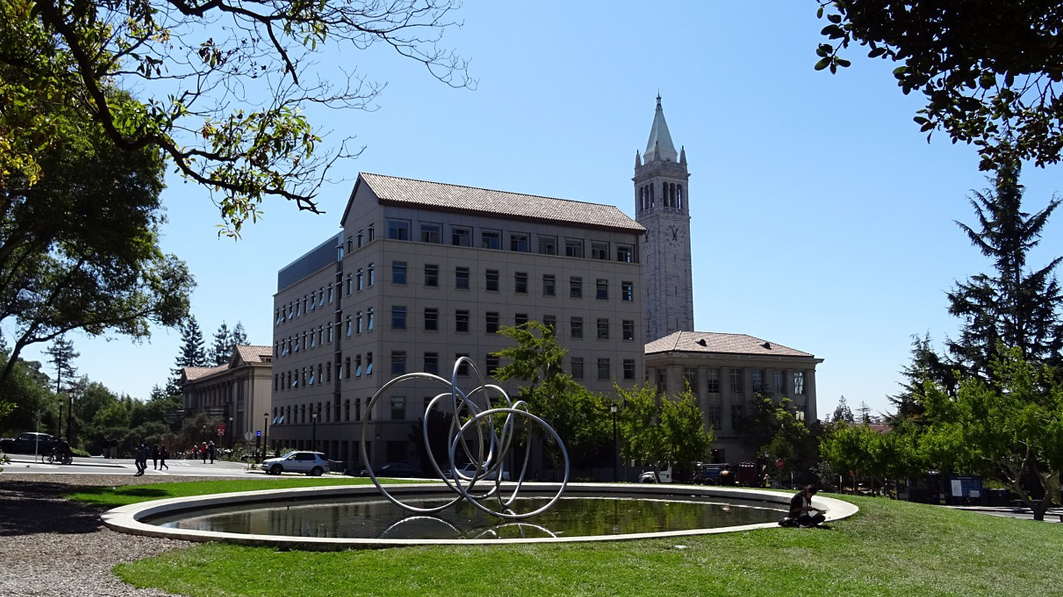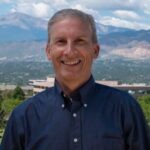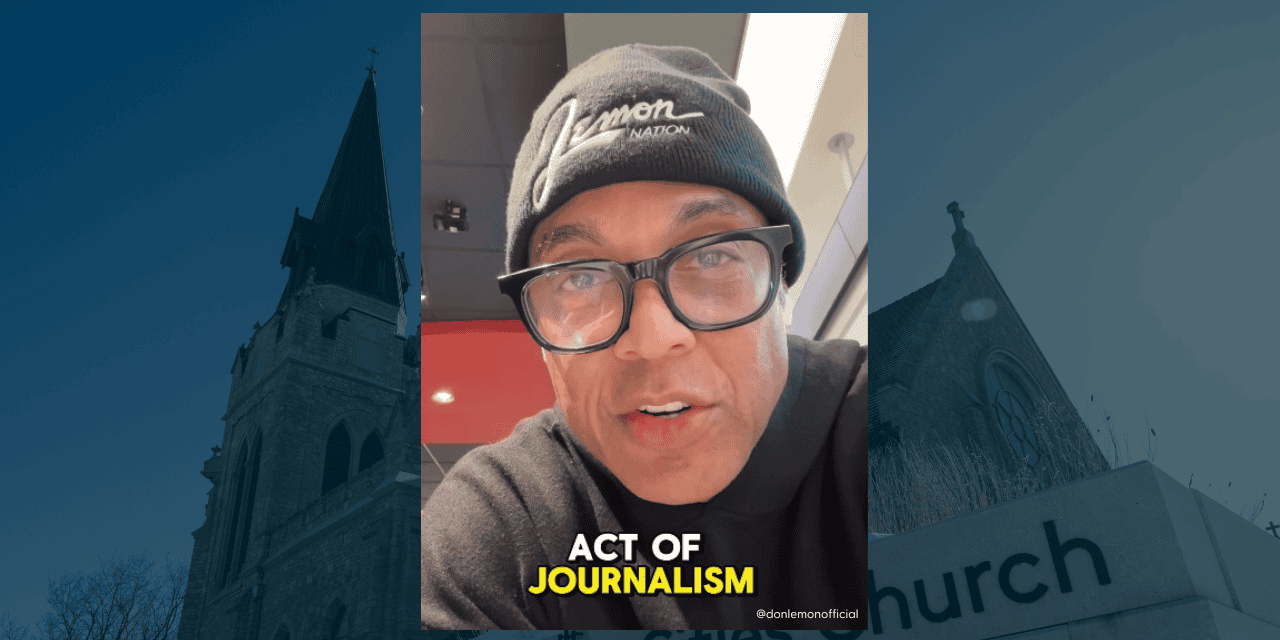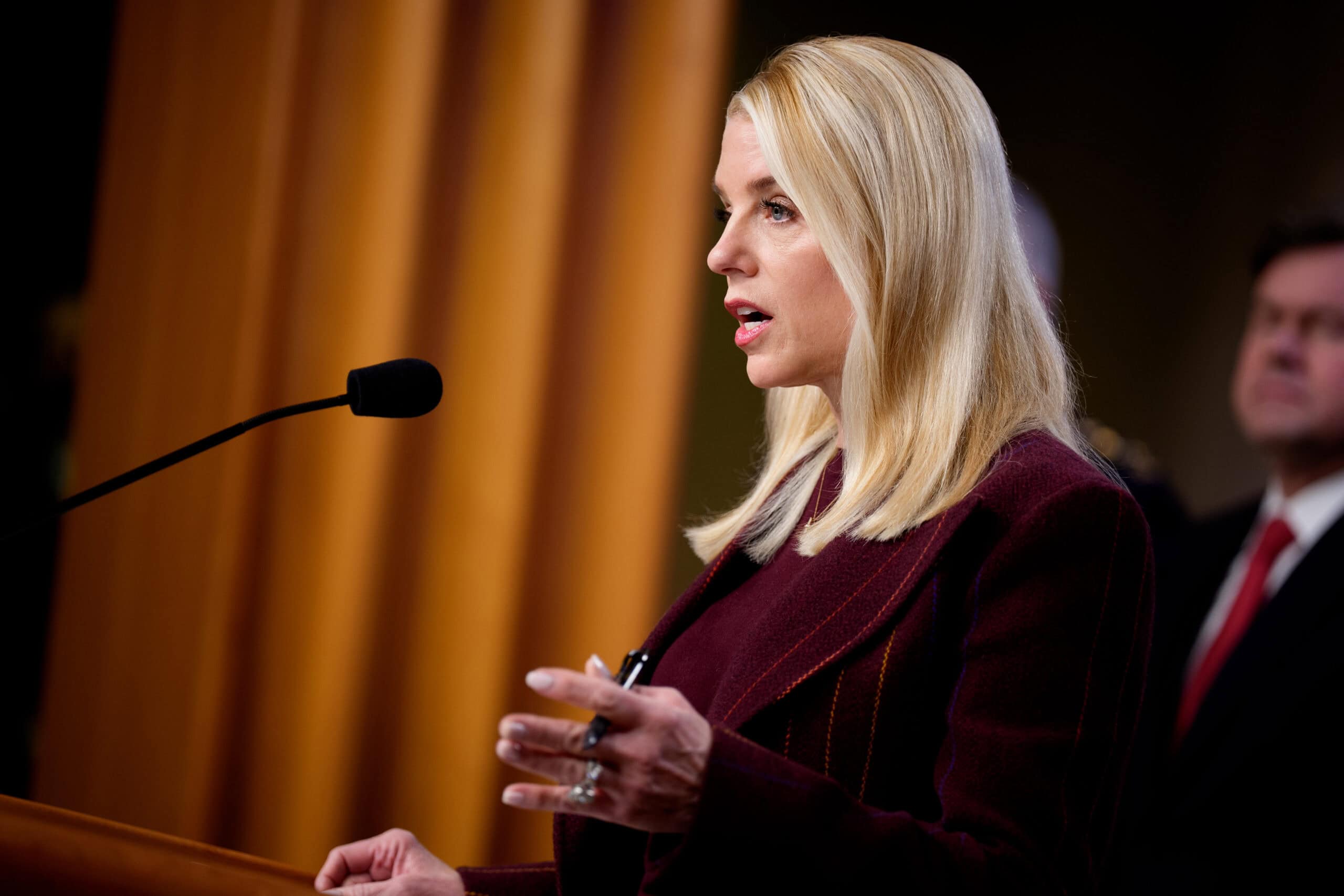The Heckler’s Veto on College Campuses

When a government entity cancels or restricts a speaker event – like a Ben Shapiro or Ann Coulter speech at a Young America’s Foundation (YAF) event at a college campus – because it is afraid of a disruptive reaction from those opposed to the speech, it surrenders to what is known as a “heckler’s veto.” To say it another way, a government-run university violates the First Amendment speech rights of a speaker (or the group sponsoring the speaker) when it prevents (i.e., censors) the speech, or substantially inhibits it, because of fear of disruptions from people or groups who erroneously believe they have a First Amendment right to stop the speech.
Recently, YAF and Berkeley College Republicans settled a year-long lawsuit with the University of California, Berkeley for doing exactly that. In Berkeley’s case, the university canceled an Ann Coulter lecture organized by the two student groups and imposed a “security fee” for a Ben Shapiro speech that was twice what was imposed for a visit by liberal Supreme Court Justice Sonia Sotomayor. While the judge hearing the dispute wasn’t convinced there was a First Amendment violation by the university, she did allow the lawsuit to proceed under a 14th Amendment “equal protection” claim alleging that security fees imposed on conservative groups were vastly greater than fees imposed on liberal groups at the campus. That led to the recent settlement of the case, which awarded attorney’s fees to the student groups of $70,000 and resulted in changes to the university’s policy concerning holding major events on campus.
Another recent story of the heckler’s veto making the news comes from Gonzaga University, which blocked a proposed YAF and College Republicans event featuring Ben Shapiro. Gonzaga, a Catholic university, decided that since Shapiro’s events sometimes draw protests, violence and hateful speech and behavior, the event could not go forward. Note that Gonzaga was not concerned about Shapiro’s fans causing the problem; it stopped the event because it feared what opponents of Shapiro’s message might do.
Since Gonzaga is a private university, its speech policies and censorship are not prohibited by the First Amendment, which only applies to government actions that infringe free speech. Nevertheless, it is disappointing to watch any university cancel speech because opponents might shout down the speaker or commit acts of violence. Giving in to the heckler’s veto will only result in encouraging more of the same.
The Berkeley and Gonzaga experiences are simply two of the most recent examples of the continuing degradation of free speech, exacerbated by the willing complicity of some of the nation’s universities.
Hopefully, our nation’s educational institutions will follow the University of Chicago’s example which welcomes a diversity of messages and viewpoints. Schools that appreciate their role in the free exchange of ideas cannot help but teach their students – our future leaders – that, for speech you disagree with, “the remedy,” in the words of former Supreme Court Justice Louis Brandeis, “is more speech, not enforced silence.”
ABOUT THE AUTHOR

Bruce Hausknecht, J.D., is an attorney who serves as Focus on the Family’s judicial analyst. He is responsible for research and analysis of legal and judicial issues related to Christians and the institution of the family, including First Amendment freedom of religion and free speech issues, judicial activism, marriage, homosexuality and pro-life matters. He also tracks legislation and laws affecting these issues. Prior to joining Focus in 2004, Hausknecht practiced law for 17 years in construction litigation and as an associate general counsel for a large ministry in Virginia. He was also an associate pastor at a church in Colorado Springs for seven years, primarily in worship music ministry. Hausknecht has provided legal analysis and commentary for top media outlets including CNN, ABC News, NBC News, CBS Radio, The New York Times, the Chicago Tribune, The Washington Post, The Washington Times, the Associated Press, the Los Angeles Times, The Wall Street Journal, the Boston Globe and BBC radio. He’s also a regular contributor to The Daily Citizen. He earned a bachelor’s degree in history from the University of Illinois and his J.D. from Northwestern University School of Law. Hausknecht has been married since 1981 and has three adult children, as well as three adorable grandkids. In his free time, Hausknecht loves getting creative with his camera and capturing stunning photographs of his adopted state of Colorado.
Related Posts

Was Don Lemon a Protestor, a Journalist or a Worshipper in Cities Church Disruption?
February 13, 2026

Pastor Son’s Trial and the Crisis in South Korea
January 22, 2026


